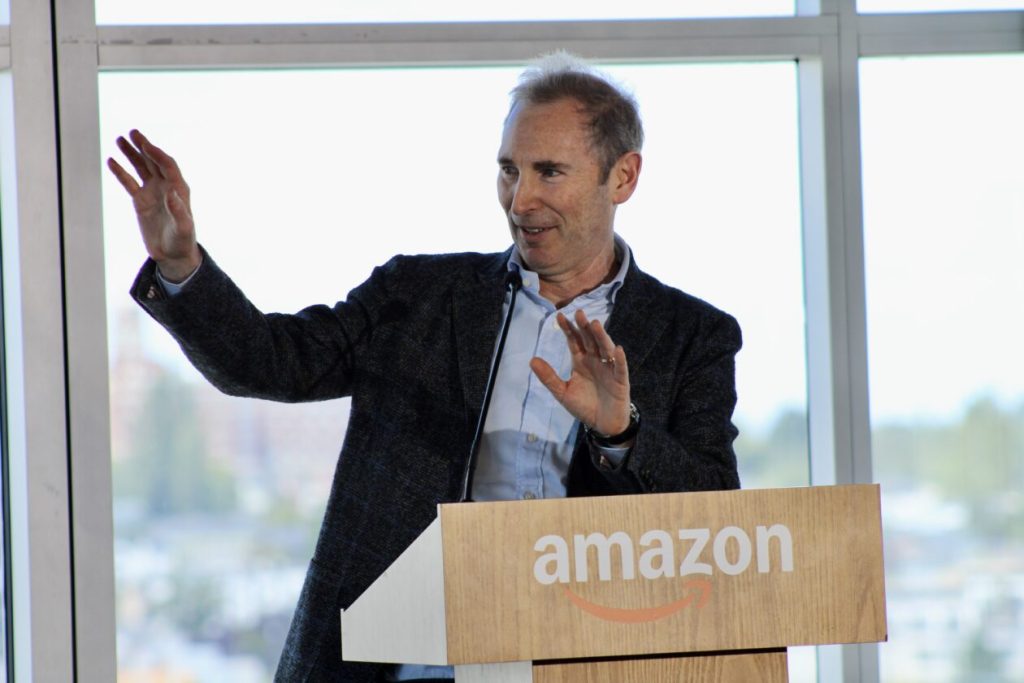Amazon CEO Andy Jassy has announced a new policy that will require employees to work from the office five days a week starting in January 2025. This marks a shift from the previous policy that allowed employees to work remotely for two days a week. Jassy stated that the return to the office has strengthened Amazon’s conviction about the benefits of in-person collaboration, prompting the decision to bring employees back to the office in a similar manner as before the pandemic. The new policy reflects Amazon’s desire to operate like a startup with streamlined decision-making and fewer layers of bureaucracy.
In addition to the return-to-office policy, Amazon also plans to reduce the total number of managers within its teams by increasing the ratio of individual contributors to managers by at least 15% by the end of Q1 2025. This could result in the elimination of some management positions, although the extent of the impact is not yet clear. The changes aim to reshape Amazon’s culture and align with Jassy’s vision of the company operating as the world’s largest startup with a focus on in-person collaboration and agile decision-making.
The announcements regarding the return-to-office policy and reduction of managers represent Jassy’s efforts to reshape Amazon’s culture since taking over as CEO in July 2021. The new office policy includes the return of assigned desks and an expectation that employees will be present in the office unless there are extenuating circumstances or a Remote Work Exception has been approved. Jassy emphasized the benefits of in-person work for collaboration, brainstorming, teaching, learning, and inventing, and believes that the past 15 months of in-person work have strengthened this conviction.
Amazon’s decision to require employees to work from the office full-time aligns with the approaches taken by other large companies such as UPS and JPMorgan Chase, as well as some newly formed startups. Despite the trend towards hybrid work arrangements in the corporate world, Amazon’s move represents a departure from this model. A study by Stanford University professor Nicholas Bloom found that hybrid work had no effect on worker productivity or career advancement, emphasizing the potential benefits of in-person collaboration.
The policy shift by Amazon could have implications for the businesses around Amazon’s offices that rely on foot traffic, such as restaurants and service providers. The company has previously made significant job cuts, including 27,000 corporate and tech jobs globally in early 2023. The impact of Amazon’s new policy on employee retention and productivity remains to be seen, as similar policies at other companies have led to senior employees leaving at higher rates. The decision is expected to draw attention across the corporate world and prompt discussions on the future of remote work and office culture.


